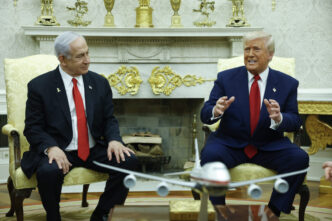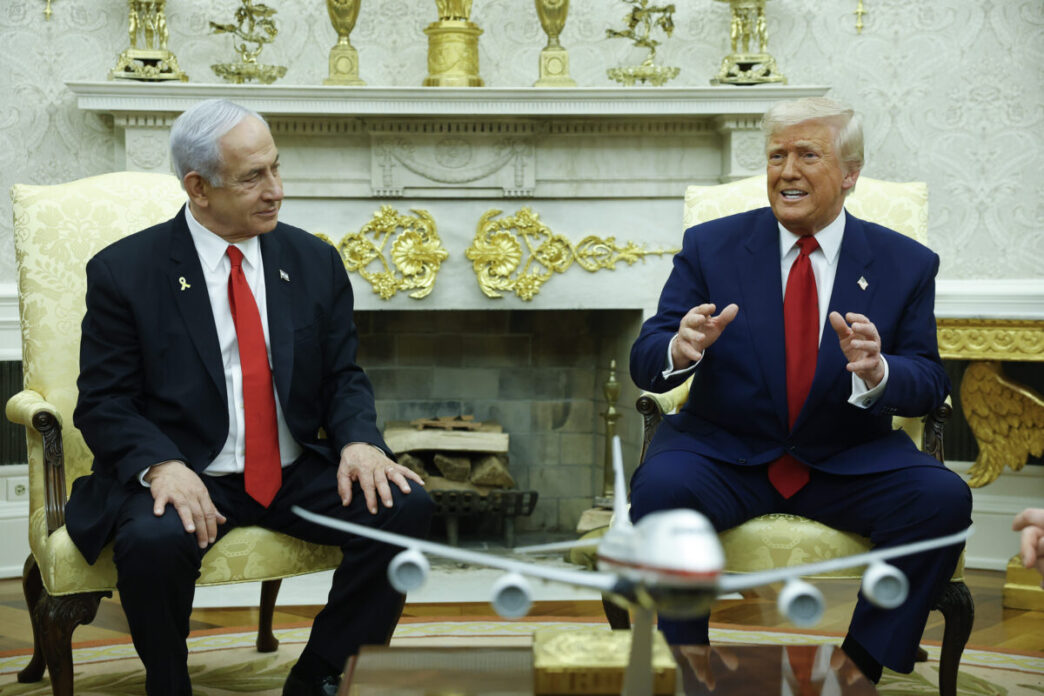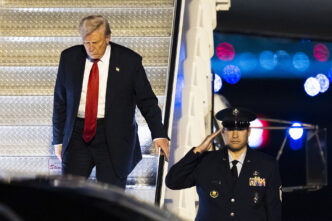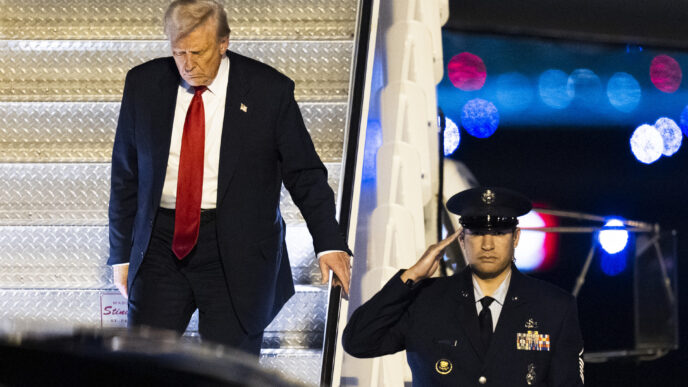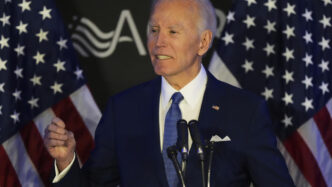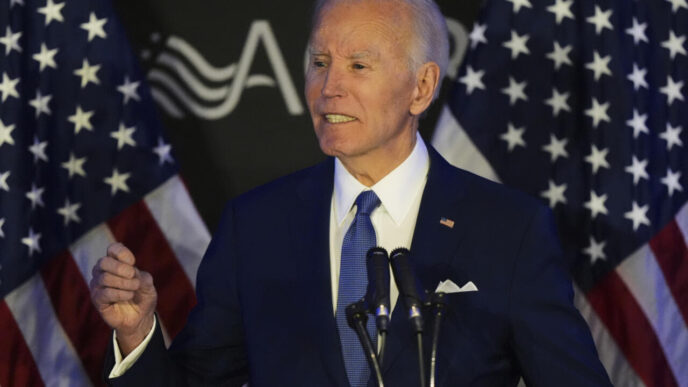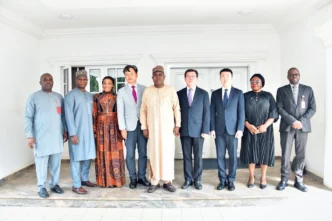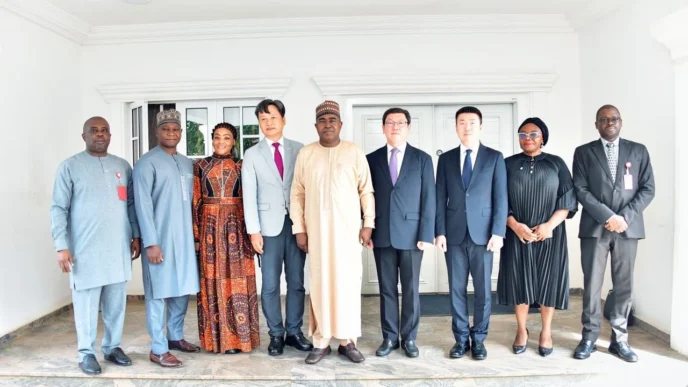On the night of April 7, 2025, U.S. President Donald Trump revealed that his administration is engaging in direct discussions with Iran concerning its nuclear program, with a significant high-level meeting set for Saturday.
The announcement came during a meeting with Israeli Prime Minister Benjamin Netanyahu in the Oval Office.
President Trump emphasized the preference for a diplomatic approach, stating, “We’re having direct talks with Iran, and they’ve started. It’ll go on Saturday.
We have a very big meeting, and we’ll see what can happen. And I think everybody agrees that doing a deal would be preferable.”
Netanyahu, who had traveled to Washington from Budapest at Trump’s invitation, expressed measured support for the initiative.
He mentioned that if diplomacy could effectively resolve Iran’s nuclear program, it would be a “good thing.”
However, Netanyahu highlighted the importance of ensuring that Iran does not acquire nuclear weapons by any means necessary.
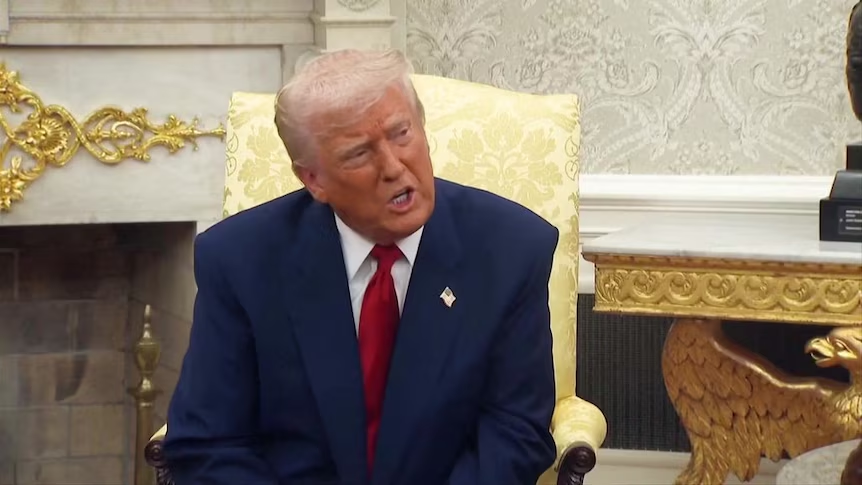
In contrast, Iran swiftly rejected Trump’s statement about direct talks.
A senior Iranian official clarified that the discussions would be indirect, facilitated through an intermediary, Oman.
Iranian Foreign Minister Abbas Araghchi confirmed this on social media, stating, “Iran and the United States will meet in Oman on Saturday for indirect high-level talks,” adding, “It is as much an opportunity as it is a test. The ball is in America’s court.”
Oman, a neutral country with good relations with both the U.S. and Iran, has long served as a channel for communication between the two nations.
Despite the conflicting views on the format of the negotiations, both parties seem committed to engaging in talks aimed at addressing Iran’s nuclear ambitions.
President Trump also issued a stern warning that failure to reach a deal would have severe consequences for Iran.
He said, “I think if the talks aren’t successful with Iran, I think Iran is going to be in great danger. And I hate to say it, great danger because they can’t have a nuclear weapon.”
These talks come amid escalating tensions in the Middle East, with the U.S. recently increasing its military presence in the region.
The results of the upcoming discussions could play a crucial role in shaping the geopolitical landscape and efforts to prevent nuclear proliferation in the region.
